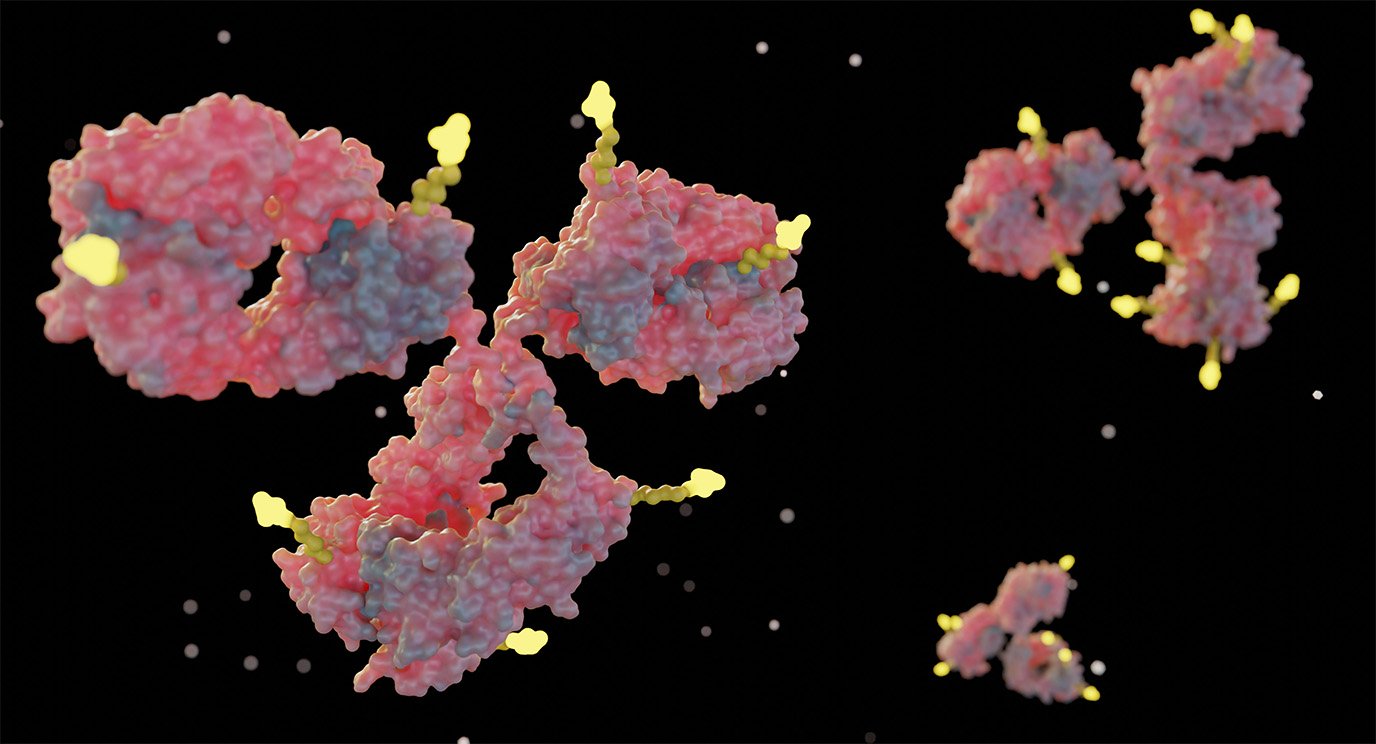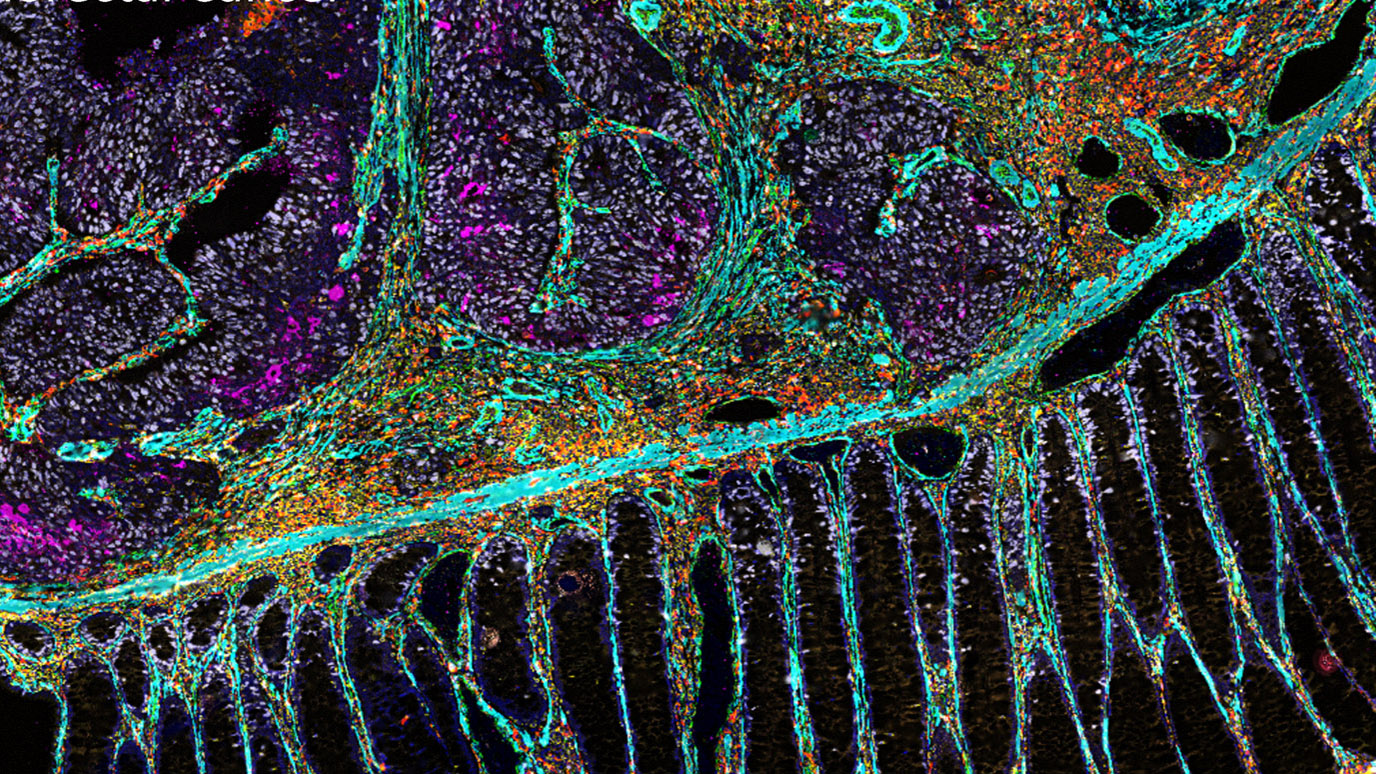- Diseases
- Acoustic Neuroma (14)
- Adrenal Gland Tumor (24)
- Anal Cancer (68)
- Anemia (2)
- Appendix Cancer (16)
- Bile Duct Cancer (26)
- Bladder Cancer (72)
- Brain Metastases (28)
- Brain Tumor (232)
- Breast Cancer (714)
- Breast Implant-Associated Anaplastic Large Cell Lymphoma (2)
- Cancer of Unknown Primary (4)
- Carcinoid Tumor (8)
- Cervical Cancer (158)
- Colon Cancer (166)
- Colorectal Cancer (118)
- Endocrine Tumor (4)
- Esophageal Cancer (44)
- Eye Cancer (36)
- Fallopian Tube Cancer (8)
- Germ Cell Tumor (4)
- Gestational Trophoblastic Disease (2)
- Head and Neck Cancer (12)
- Kidney Cancer (128)
- Leukemia (342)
- Liver Cancer (50)
- Lung Cancer (286)
- Lymphoma (278)
- Mesothelioma (14)
- Metastasis (30)
- Multiple Myeloma (100)
- Myelodysplastic Syndrome (60)
- Myeloproliferative Neoplasm (6)
- Neuroendocrine Tumors (16)
- Oral Cancer (100)
- Ovarian Cancer (172)
- Pancreatic Cancer (160)
- Parathyroid Disease (2)
- Penile Cancer (14)
- Pituitary Tumor (6)
- Prostate Cancer (146)
- Rectal Cancer (58)
- Renal Medullary Carcinoma (6)
- Salivary Gland Cancer (14)
- Sarcoma (238)
- Skin Cancer (296)
- Skull Base Tumors (56)
- Spinal Tumor (12)
- Stomach Cancer (64)
- Testicular Cancer (28)
- Throat Cancer (92)
- Thymoma (6)
- Thyroid Cancer (98)
- Tonsil Cancer (30)
- Uterine Cancer (80)
- Vaginal Cancer (16)
- Vulvar Cancer (20)
- Cancer Topic
- Adolescent and Young Adult Cancer Issues (20)
- Advance Care Planning (10)
- Biostatistics (2)
- Blood Donation (18)
- Bone Health (8)
- COVID-19 (362)
- Cancer Recurrence (120)
- Childhood Cancer Issues (120)
- Clinical Trials (632)
- Complementary Integrative Medicine (22)
- Cytogenetics (2)
- DNA Methylation (4)
- Diagnosis (232)
- Epigenetics (6)
- Fertility (62)
- Follow-up Guidelines (2)
- Health Disparities (14)
- Hereditary Cancer Syndromes (126)
- Immunology (18)
- Li-Fraumeni Syndrome (8)
- Mental Health (116)
- Molecular Diagnostics (8)
- Pain Management (62)
- Palliative Care (8)
- Pathology (10)
- Physical Therapy (18)
- Pregnancy (18)
- Prevention (918)
- Research (392)
- Second Opinion (74)
- Sexuality (16)
- Side Effects (604)
- Sleep Disorders (10)
- Stem Cell Transplantation Cellular Therapy (216)
- Support (402)
- Survivorship (322)
- Symptoms (182)
- Treatment (1786)
Thanks to targeted therapy, lung cancer survivor is enjoying life again
4 minute read | Published August 19, 2020
Medically Reviewed | Last reviewed by an MD Anderson Cancer Center medical professional on August 19, 2020
Ginger Head was 56 years old and healthy when she was diagnosed with stage IV lung cancer in 2017. She was floored. The retired special education teacher had never smoked and practically lived at the gym. She exercised six days a week and volunteered with the child care center near her home outside Birmingham, Alabama.
But after experiencing a mild cough and noticing a lump in her neck, Ginger made an appointment with her primary care doctor.“I didn’t think too much of it,” she says. “I had something similar the previous year, but it disappeared with antibiotics.”
This time, though, her doctor sent her to a nearby surgeon who removed the neck lump. The pathology report was inconclusive but pointed to probable lung cancer.
“I was so emotional at that point,” Ginger says. “The surgery affected the nerves in my left arm. I couldn’t write or use silverware. It was just like a nightmare.”
Initial lung cancer consultation leads to MD Anderson
She quickly saw a local oncologist, who confirmed she had advanced lung cancer. Ginger had less than a year to live, the doctor said.
Not willing to accept that fate, Ginger and her husband, Sam, waited until the oncologist left the room. They asked a young doctor in training who had been present during the appointment for his opinion.
“He said my cancer had high levels of the PD-L1 tumor marker, which would make me a good candidate for immunotherapy. He told us that if he were in my shoes, he’d get himself to MD Anderson, where he had trained, and never look back,” says Ginger. “So we did, and we had an appointment within a week. It was amazing.”
Starting lung cancer treatment at MD Anderson
Ginger began treatment at MD Anderson in May 2017 under the care of lung cancer specialist Lauren Byers, M.D.
An early MRI revealed the lung cancer had spread to her brain, so she began Gamma Knife® radiosurgery treatment with Mary Frances McAleer, M.D., Ph.D. The procedure delivers beams of gamma ray radiation directly to tumors in the brain.
After that, she began chemotherapy plus an immune checkpoint inhibitor that blocked PD-L1. However, the immunotherapy caused significant problems with her liver function, so she continued with just chemotherapy. Ginger was devastated to quit immunotherapy, but she handled chemotherapy well.
“I’m so thankful. It was just a breeze for me,” she says. “I didn’t lose my hair. I could still exercise and work in my yard. I did great.”
At that point, only 10% of Ginger’s cancer remained. To take care of it, she had 15 rounds of radiation therapy with Stephen Lin, M.D., Ph.D. He warned that this would be the hardest part of her treatment so far. The radiation team helped Ginger get through it.
“They were just incredible,” she says. “Every day they played ‘Staying Alive’ by the Bee Gees.”
Staying positive despite lung cancer recurrences
When radiation ended in October 2017, Ginger’s PET scans were clear. However, Lin warned that if the cancer returned, it would likely come back in her neck where she’d had surgery.
By the end of the next year, a PET scan showed cancer in a lymph node in her neck, as well as several new spots in her brain. Ginger’s strong faith helped her stay positive, and she trusted her care team at MD Anderson.
“Every doctor I had was amazing. Each and every one of the staff are truly incredible,” she says. “I feel like I’m with my family when I’m at MD Anderson.”
Ginger again underwent Gamma Knife treatment in December 2018. But by February 2019, it appeared the cancer was coming back elsewhere.
Clinical trial provides targeted therapy option
Shortly after Ginger started treatment at MD Anderson, pathologists had analyzed tissue from her tumor. They found she had a rare mutation in the RET gene, known as a RET fusion. This made her eligible to participate in a clinical trial of a new drug named BLU-667 (scientific name pralsetinib) that targets her specific mutation.
Ginger began the targeted therapy clinical trial, led by Vivek Subbiah, M.D., in March 2019 and has improved tremendously. Her brain metastases have shrunk, and her cancer remains stable more than a year later.
She returns to MD Anderson every other month for follow-up. Her cancer is managed like a chronic condition. She’ll live with it long-term, but it’s manageable with medical intervention.
She’s been able to start exercising again, going on regular walks and mowing her yard.
“I can’t quite do the hardcore cardio workouts I used to, but I can still get my heart rate up,” she says. “I feel good about myself, and I have a very normal life.”
Request an appointment at MD Anderson online or by calling 1-844-515-1839.

I feel like I’m with my family when I’m at MD Anderson.
Ginger Head
Survivor





